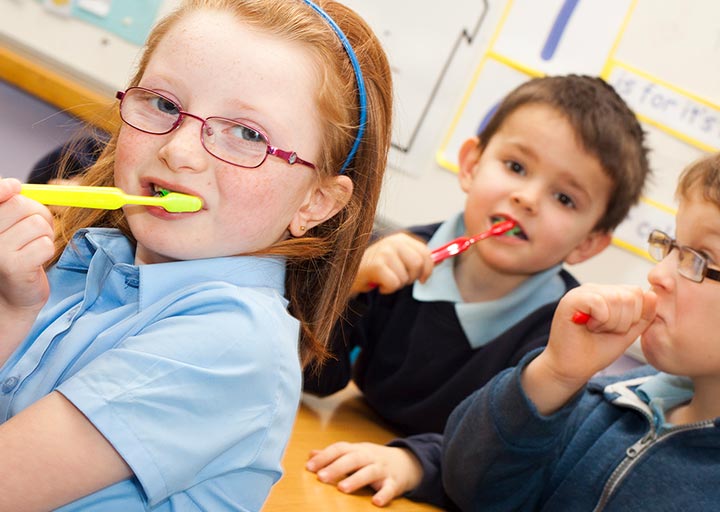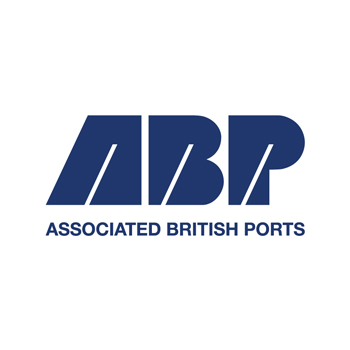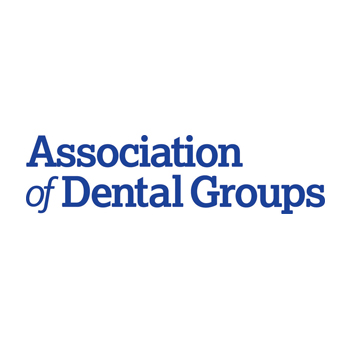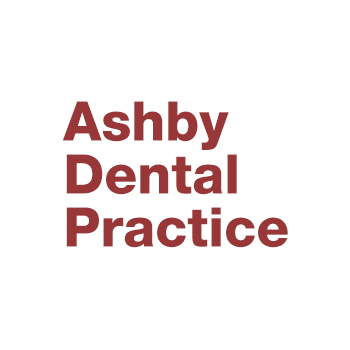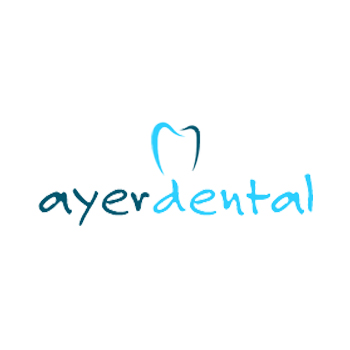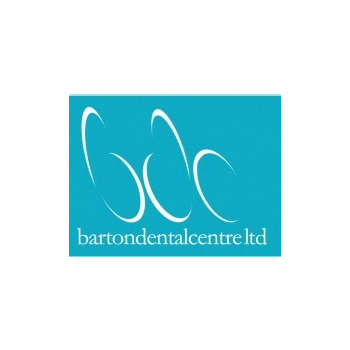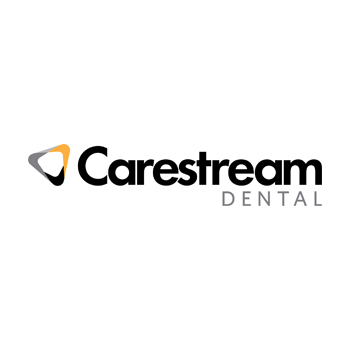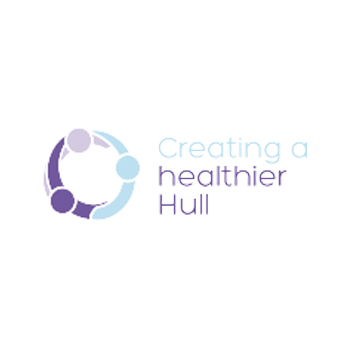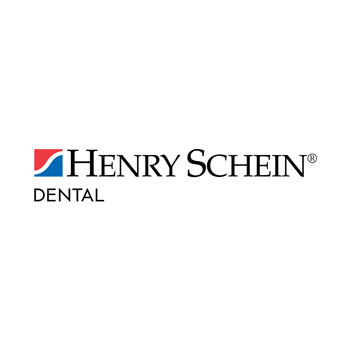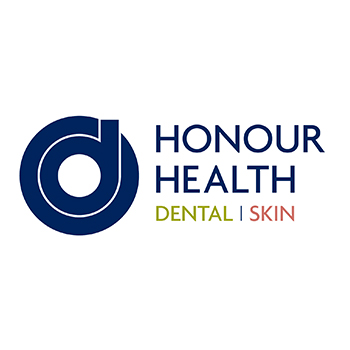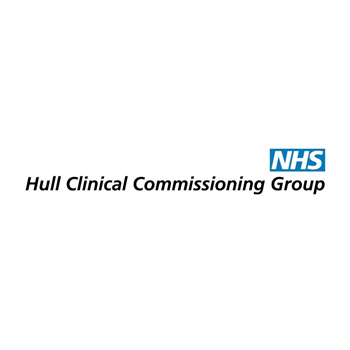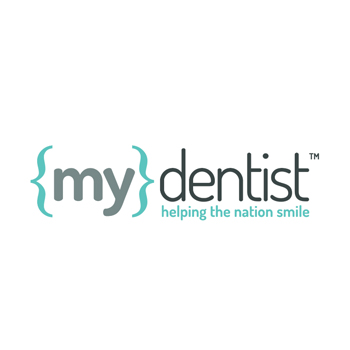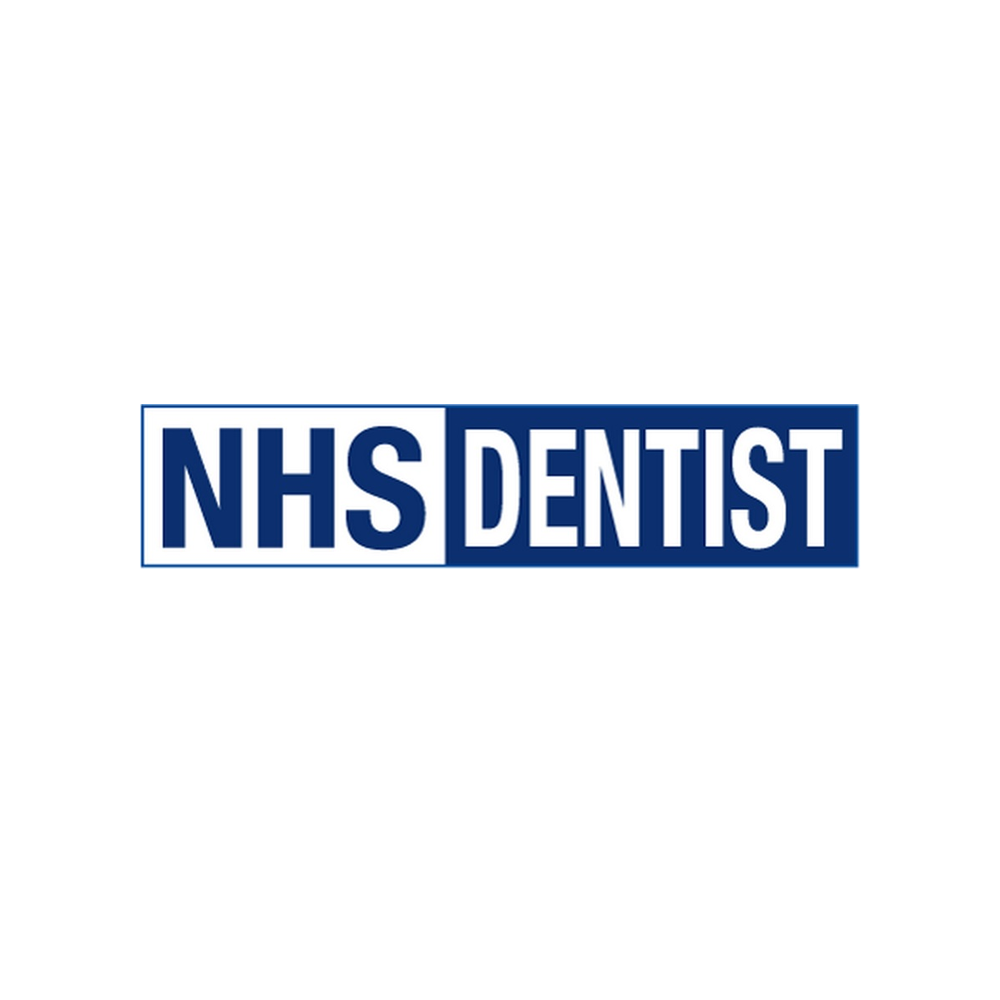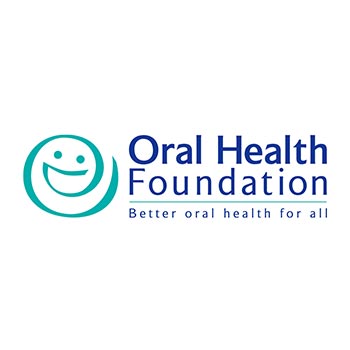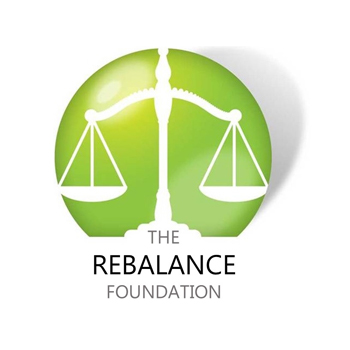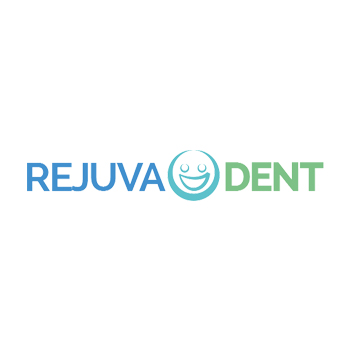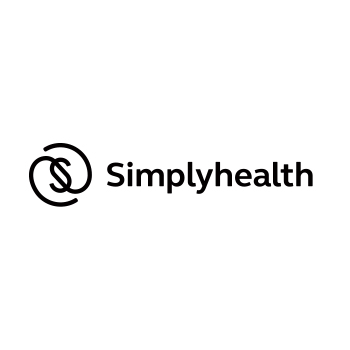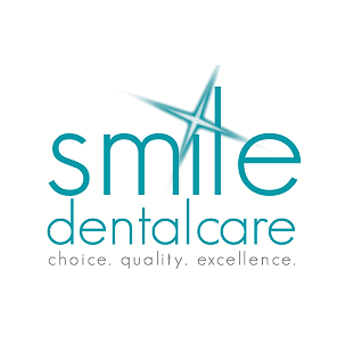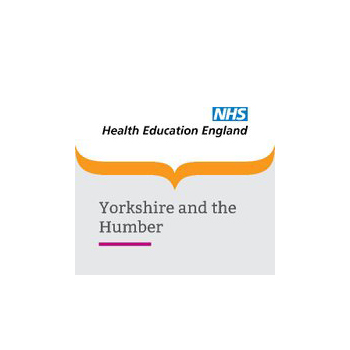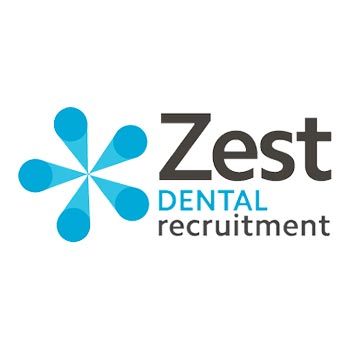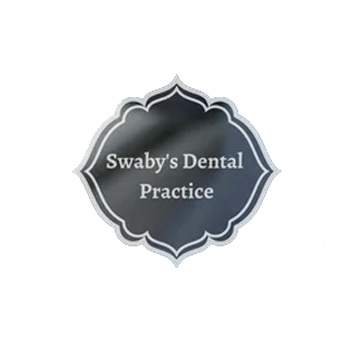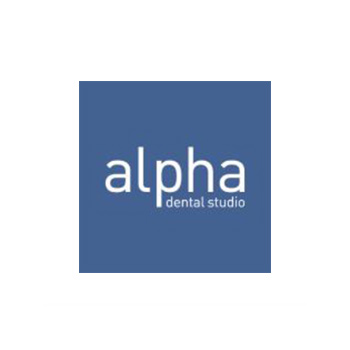Congratulations! Pregnancy is an exciting time and you will likely be trying to learn all you can about how to care for your baby once he or she arrives. Check here for advice on how to care for your baby’s teeth, and see below for answers to frequently-asked questions about your own dental health in pregnancy.
MUMS TO BE
CARING FOR YOURSELF
AND YOUR BABY-TO-BE
IMPORTANT INFORMATION
Can I get free dental care during pregnancy?
Yes! If you’re an NHS patient, your routine dental care is FREE during pregnancy and for 12 months following giving birth. The reason for this is that pregnant women have special dental needs, so be sure to make an appointment for a check-up early in your pregnancy. and also remember to come in with your baby before his/her first birthday.
What is pregnancy gingivitis?
Your dental health can change during pregnancy. Many mums-to-be experience bleeding gums which is also known as pregnancy gingivitis. This is due to the hormonal changes in your body. This increase in hormones can make your gums inflamed if plaque is allowed to accumulate on them, resulting in bleeding gums.
It is important you continue to brush your gums thoroughly despite the bleeding. Try using a softer toothbrush and ensure you use a toothpaste which contains fluoride.
Once you have had your baby and your hormone levels begin to return to normal, your bleeding gums will subside, but it is important to visit the Dentist during pregnancy to ensure there are no other underlying issues with your dental health.
How can morning sickness affect my teeth?
It is very common for women to suffer from morning sickness, especially during the first trimester. Try to avoid brushing your teeth for at least 30 minutes after you have vomited as your teeth will be covered in stomach acids and the brushing action may cause damage to the enamel on your teeth. Rinsing your mouth with plain water will help to take away the taste until enough time has elapsed when you can then brush your teeth.
Many women feel they are unable to brush their teeth, particularly the back ones as it makes them retch, especially in the morning. To help to reduce this gag reflex, try using a smaller toothbrush, perhaps one suitable for a small child and brush at a time of day when you feel less nauseous. It doesn’t have to be first thing in the morning, but remember to try to brush every night before you go to bed.
What should I be eating during pregnancy?
One of the biggest minefields in pregnancy is knowing what you should or shouldn’t eat. Keeping to a varied and healthy diet, and avoiding sugary snacks, is even more important now than ever. And don’t worry, the list of things you should avoid is nowhere near as long as the list of foods that are healthy for you and your baby! For more information on what to eat in pregnancy, visit the NHS Start 4 Life website.
Help - I’m craving sweets!
A high percentage of pregnant women admit to having cravings at some point during their pregnancy. Some have been known to eat coal! However, the majority seem to crave sweet foods. Obviously these sugar containing foods are harmful to teeth and may increase your risk of tooth decay if eaten between meals. It is a common belief that a baby takes calcium from a mother’s teeth whilst she is pregnant resulting in tooth decay or tooth loss.
This old wives’ tale is totally untrue. In reality, many women have an increase in their sugar consumption during pregnancy as a result of cravings. Add this to the inability to brush teeth effectively due to morning sickness and you have the perfect conditions for tooth decay to occur!
To help to reduce your risk of tooth decay during pregnancy keep sweet foods and drinks to meal times and try to snack on healthier foods in between meals.
What if I smoke and/or drink alcohol during pregnancy?
We all know the health risks related to smoking and alcohol intake, but during pregnancy your social habits can have a negative effect on your unborn baby.
Smoking and drinking whist you are pregnant can lead to an underweight baby and may also affect your baby’s dental health. Studies have shown that an underweight baby has a greater risk of having poor teeth due to a deficiency in the enamel formation. Your baby’s teeth start to develop at around 12 weeks after conception. If you look carefully at your 20-week scan photo you may be able to see the tiny tooth buds. It is important for your baby’s health that you do not smoke or drink more than the recommended number of units of alcohol for during your pregnancy.
If you would like help to stop smoking or need advice on the recommended levels of alcohol, speak to your midwife who will be able to offer support.
Remember it is important to visit a dentist during your pregnancy. If you have not seen a dentist since your pregnancy was confirmed or you have any concerns, make an appointment at your local dental practice today! You are entitled to free NHS dental treatment whilst you are pregnant and until your baby is one year old.
ASK US A QUESTION
Have a question about Teeth Team? Simply fill out the form below and a member of the team will answer your question!
PROUDLY SUPPORTED BY


